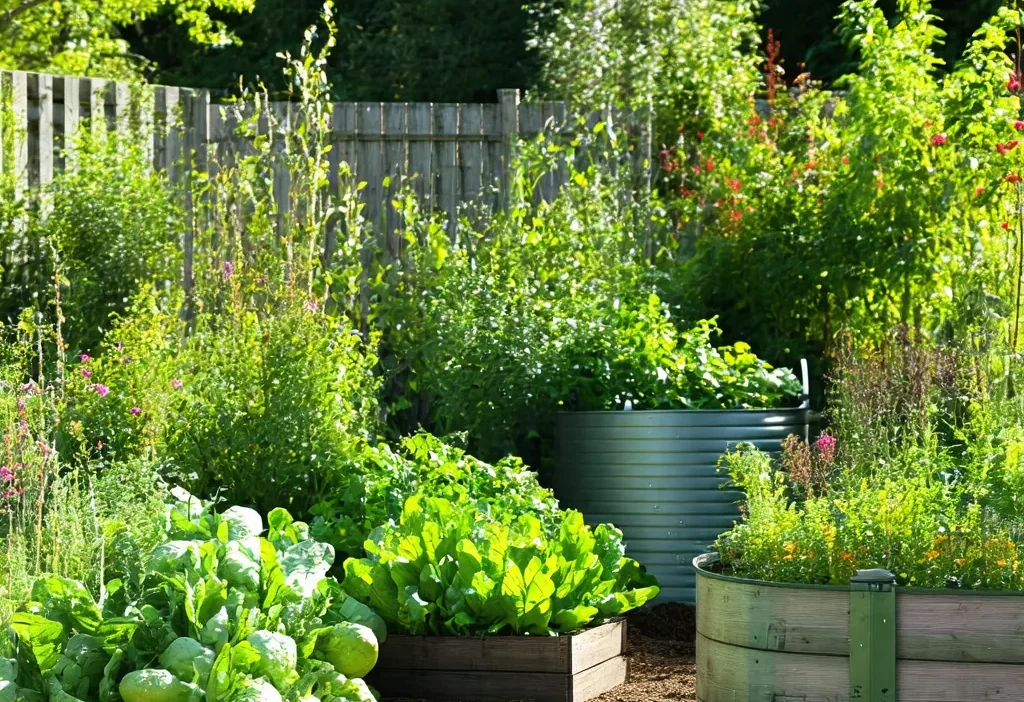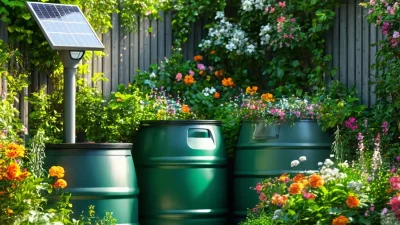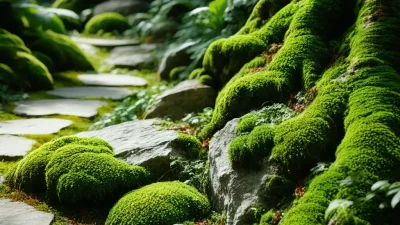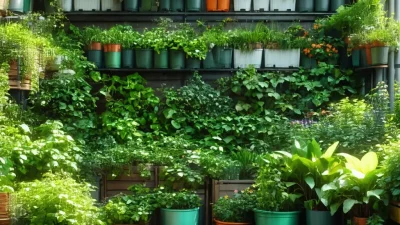How to Create a Sustainable Garden: Expert Tips for Eco-Friendly Growing
Gardening is more than just a hobby—it’s a chance to connect with nature and make a positive impact on the environment. If you’re looking to create a sustainable garden, you’re in the right place! In this guide, we’ll walk through everything you need to know to design a garden that’s not only beautiful but also eco-friendly and productive.
Why Sustainable Gardening Matters
Sustainable gardening practices help protect our planet by reducing waste, conserving water, and promoting biodiversity. By growing your own food or simply creating a lush outdoor space, you can contribute to a healthier environment while enjoying the benefits of fresh produce and a serene retreat.
1. Start with Healthy Soil
The foundation of any successful garden is healthy soil. Rich, fertile soil supports plant growth and helps retain water, reducing the need for frequent watering. Here are some tips to improve your soil:
- Add organic matter like compost or well-rotted manure
- Use cover crops during off-seasons to protect and enrich the soil
- Avoid using chemical fertilizers that can harm beneficial soil organisms
“Healthy soil is the backbone of a sustainable garden,” says Master Gardener Jane Smith. “Investing in your soil now will pay off with better yields and fewer pests later.”
2. Practice Companion Planting
Companion planting is a technique where certain plants are grown together to benefit each other. For example, marigolds can deter pests from vegetables like tomatoes. Here are some classic companion plant pairs:
- Basil and Tomatoes: Basil improves tomato flavor and repels pests
- Corn, beans, and Squash: The Three Sisters method maximizes space and nutrients
- Nasturtiums and Cabbage: Nasturtiums attract beneficial insects that prey on cabbage pests
3. Conserve Water with Smart Irrigation
Water is a precious resource, so it’s important to use it wisely in your garden. Consider these water-saving strategies:
- Drip Irrigation: This method delivers water directly to plant roots, reducing evaporation
- Rain barrels: Collect rainwater for irrigation and reduce stormwater runoff
- Mulch: Apply a thick layer of organic mulch to retain soil moisture
“Mulching is one of the simplest yet most effective ways to conserve water in your garden,” adds gardening expert Bob Green.
4. Choose Native Plants
“Incorporating native plants into your garden supports biodiversity and reduces the need for synthetic inputs,” explains environmental scientist Dr. Emily White.
5. Avoid Chemical Pesticides
- Encourage Beneficial Insects: Attract ladybugs, lacewings, and other predatory insects
- Use Neem Oil: A natural pesticide that’s safe for humans and pets
- Hand-Pick Pests: Regularly inspect plants and remove pests manually
6. Grow Your Own Food
“There’s nothing quite as rewarding as biting into a sun-warmed tomato you’ve grown yourself,” says urban gardener Sarah Lee.
7. Compost Your Waste
- Add fruit peels, vegetable scraps, and coffee grounds to your compost pile
- Avoid meat, dairy, and diseased plant material
- Turn the pile regularly to aerate it and speed decomposition
8. Use Reusable Materials
- Pallets: Turn them into raised beds or planters
- Jugs and Containers: Use as watering cans or seed starters
- Cloth: Reuse for mulching or making seedling warmers
9. Attract Pollinators
- Planting flowers rich in nectar and pollen: Lavender, sunflowers, and cone flowers are great choices
- Providing shelter: Leave dead branches or create bee hotels
- Avoiding pesticides: As mentioned earlier, these can harm beneficial insects
10. Keep Learning and Adapting
“Every sustainable practice you adopt helps create a healthier planet for future generations,” reminds environmental educator Mark Johnson.
Conclusion
About the Author: Jane Doe is a passionate gardener and sustainability advocate with over 15 years of experience in creating eco-friendly gardens. She believes that everyone can play a role in protecting our planet through mindful gardening practices.
References:
- National Sustainable Agriculture Information Service
- USDA Natural Resources Conservation Service
- Garden Organic (The Henry Doubleday Research Association)





